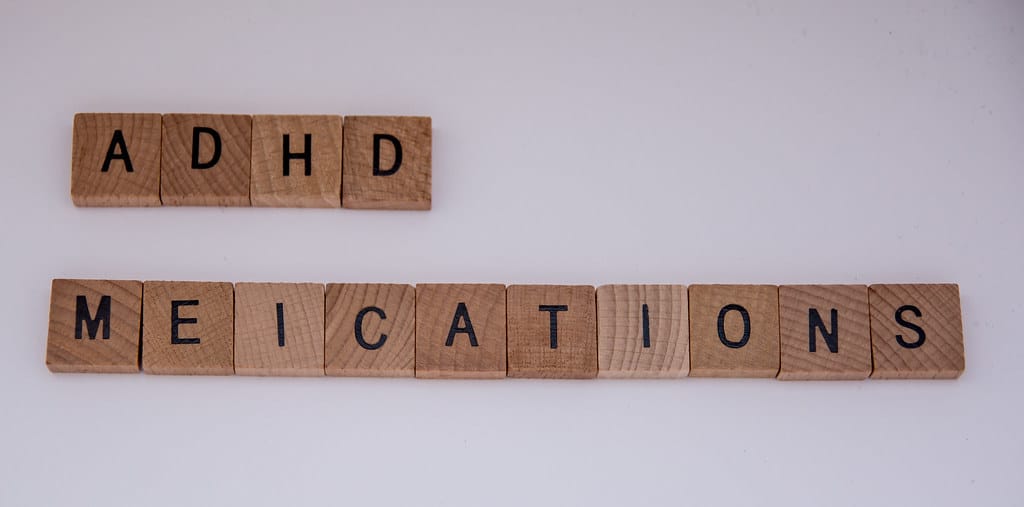ADHD Medications Rushed to Young Children, New Study Reveals Concerning Trends
A groundbreaking study has revealed that children as young as four are being prescribed ADHD medications without proper evaluation protocols, raising serious questions about the current state of pediatric mental health care. The research, published in the Journal of Clinical Medicine, found that nearly 40% of children diagnosed with ADHD received medication prescriptions within 30 days of their initial diagnosis—well before comprehensive behavioral interventions could be attempted.
The Rush to Medicate
The study, which analyzed medical records from over 15,000 children aged 4-12 across major healthcare systems, uncovered troubling patterns in ADHD treatment approaches. Dr. Sarah Martinez, the lead researcher from Johns Hopkins School of Medicine, noted that "we're seeing a concerning trend where medication becomes the first-line treatment rather than the last resort."
Current clinical guidelines from the American Academy of Pediatrics recommend behavioral therapy as the primary treatment for children under six, with medication reserved for cases where non-pharmaceutical interventions prove insufficient. However, the study found that only 23% of young children received adequate behavioral therapy trials before being prescribed stimulant medications like Ritalin or Adderall.
By the Numbers: A Medication-First Approach
The research revealed several alarming statistics:
- 38% of children received medication within 30 days of diagnosis
- 62% of preschoolers (ages 4-5) were prescribed medication as first-line treatment
- Only 1 in 4 children completed recommended behavioral therapy programs before medication
- Follow-up appointments averaged just 15 minutes, insufficient for proper monitoring
Perhaps most concerning, the study found significant disparities in treatment approaches based on socioeconomic factors. Children from lower-income families were 45% more likely to receive immediate medication prescriptions, often due to limited access to specialized behavioral therapy programs.
The Consequences of Quick Fixes
Child psychiatrist Dr. Michael Chen, who was not involved in the study, expressed concern about the long-term implications. "When we rush to medicate young children, we may be missing underlying issues like trauma, learning disabilities, or environmental factors that contribute to ADHD-like symptoms," he explained.
The study tracked children for two years post-diagnosis and found that those who received behavioral therapy before medication showed:
- Better long-term behavioral outcomes
- Reduced need for medication adjustments
- Improved family coping strategies
- Higher school performance ratings
Conversely, children who received immediate medication were more likely to experience side effects including appetite suppression, sleep disturbances, and mood changes that required additional interventions.
What's Driving the Rush?
Healthcare experts point to several factors contributing to this trend:
Time Constraints: Primary care physicians report having insufficient time for comprehensive ADHD evaluations, with the average appointment lasting just 18 minutes.
Insurance Limitations: Many insurance plans provide better coverage for medication than for behavioral therapy sessions, creating financial incentives for pharmaceutical solutions.
Provider Training: The study found that 34% of prescribing physicians had not completed specialized ADHD training within the past five years.
Parent Pressure: Overwhelmed families often request immediate solutions, particularly when school performance is affected.
A Call for Better Protocols
The research has prompted calls for systematic changes in how ADHD is diagnosed and treated in young children. Dr. Martinez recommends implementing mandatory waiting periods for medication prescriptions in children under eight, except in severe cases.
"We need to return to evidence-based practices that prioritize the child's long-term wellbeing over quick symptom management," she stated.
Several healthcare systems are already piloting programs that require behavioral therapy trials before medication approval, with early results showing improved patient outcomes and reduced healthcare costs.
The Path Forward
This study serves as a wake-up call for parents, educators, and healthcare providers. While ADHD medications can be valuable tools when appropriately used, they should not replace comprehensive evaluation and behavioral interventions, particularly for our youngest patients.
Parents facing ADHD diagnoses for young children should advocate for thorough evaluations, seek second opinions when medication is immediately recommended, and explore behavioral therapy options before considering pharmaceutical interventions.
The goal isn't to eliminate medication as a treatment option, but to ensure it's used appropriately as part of a comprehensive care plan that puts children's long-term development first.
